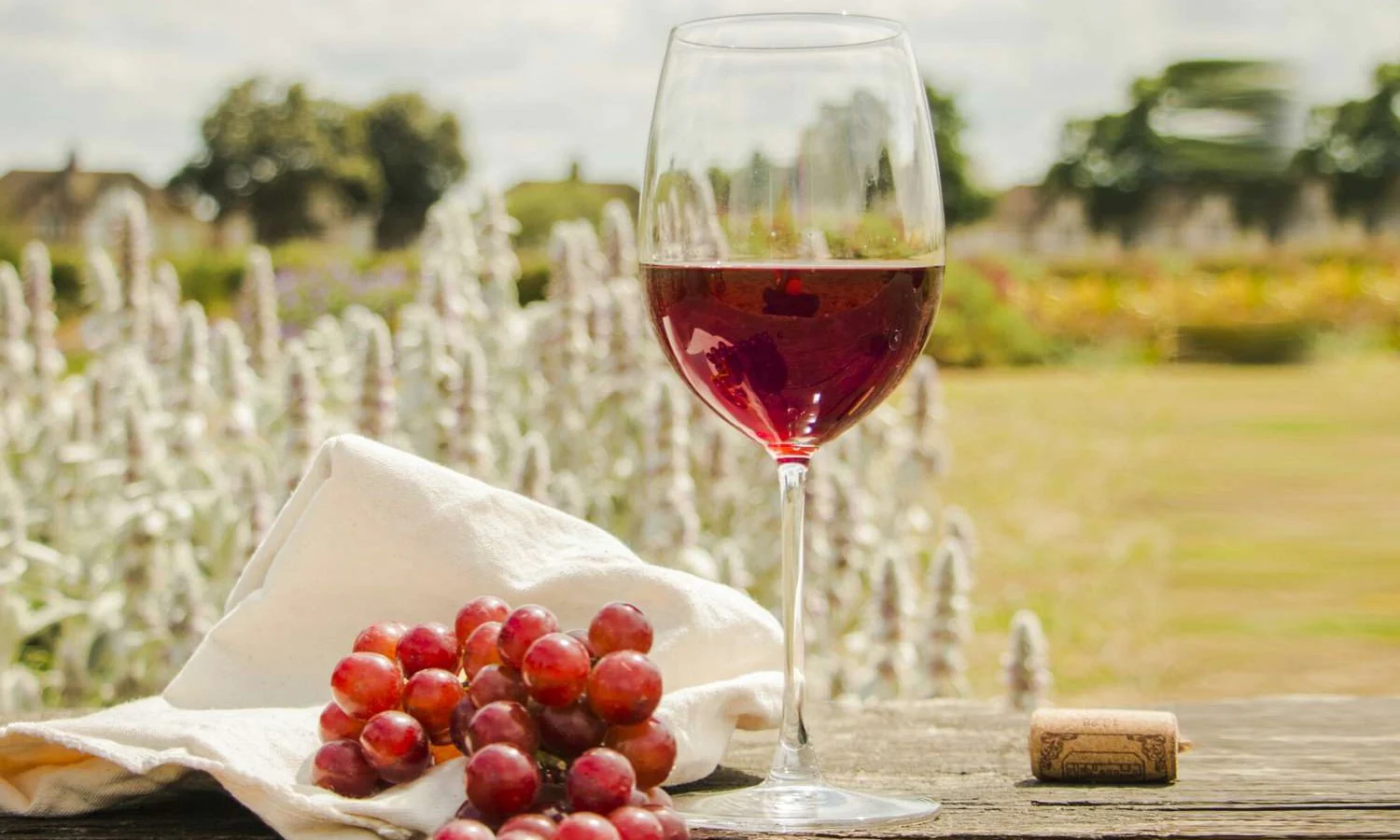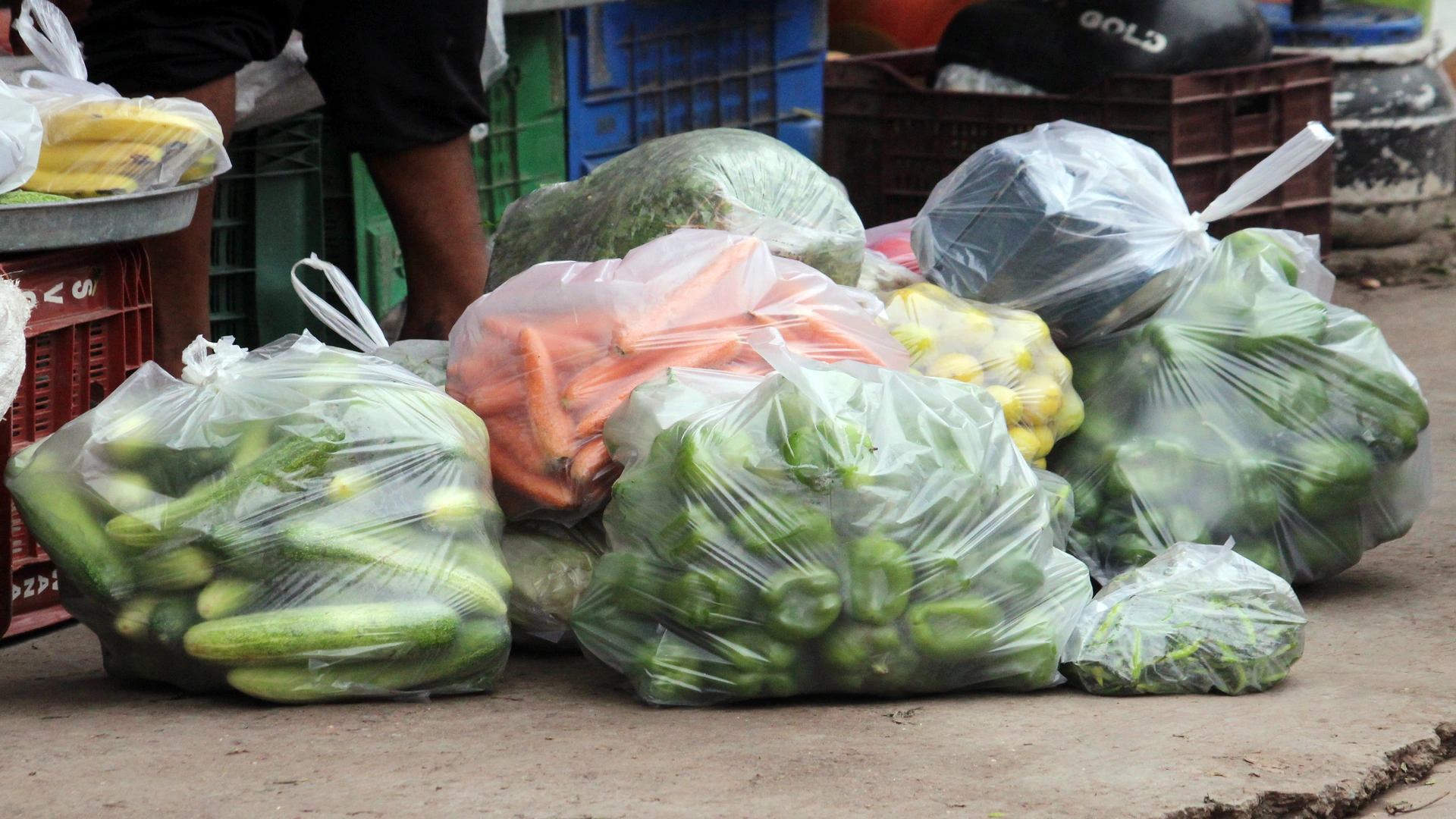
Cancer is one of the leading causes of death worldwide, despite the advancements in medical treatments. While treatments have become more effective, the mortality rate remains high, raising concerns about prevention strategies. One such topic that has sparked much debate is the potential link between red wine consumption and cancer prevention. Is it true that a glass of red wine could lower your risk of developing cancer, or is this just another health myth?
The notion that red wine could be beneficial to health isn’t new. This idea gained popularity due to the “French Paradox” — a term used to describe the phenomenon where the French population has a relatively low rate of heart disease, despite their diets being high in saturated fats. This paradox led to widespread belief in the health benefits of moderate wine drinking, particularly red wine, which contains compounds thought to contribute to cardiovascular health.
Additionally, red wine’s antioxidant properties, notably resveratrol, a substance found in grape skins, have led many to think it might help fight cancer. Resveratrol is known for its anti-inflammatory and potentially anti-cancer effects, and some have linked it to reducing cancer cell growth in laboratory studies. However, there’s much more to the story than the surface-level health benefits that many assume.
Dr. Sewanti Limaye, Director of Medical Oncology at Sir HN Reliance Foundation Hospital in Mumbai, provides a more cautious view. She explains that while moderate wine consumption has been linked to some health benefits, including improved heart health, alcohol consumption is a known risk factor for several types of cancer, including liver, breast, and mouth cancer. According to Dr. Limaye, the key to cancer prevention lies in a balanced lifestyle, which includes a sensible diet, regular exercise, and avoiding carcinogens, such as excessive alcohol and tobacco.
Dr. Limaye further adds, “Although resveratrol in red wine may reduce the growth of cancer cells in laboratory settings, we are far from confirming that moderate drinking can prevent cancer in real-world scenarios. The American Cancer Society has made it clear that there is no ‘safe’ amount of alcohol, and any consumption increases the risk of alcohol-related cancers.”
Although some studies have suggested that resveratrol could potentially prevent the growth of certain cancers, such as breast and colorectal cancers, these results are still largely experimental. As Dr. Limaye emphasizes, “The research is still in its early stages, and there is not enough evidence to recommend consuming red wine as a cancer prevention method.”
While the antioxidant properties of resveratrol are promising, it is crucial not to rely on alcohol as a means of preventing cancer. Experts continue to recommend a healthier approach, which includes minimizing alcohol consumption and focusing on a well-rounded lifestyle.
Although red wine contains antioxidants that may have some health benefits, such as promoting heart health and potentially reducing the risk of certain cancers, it is important to approach these claims with caution. Alcohol consumption — even in moderate amounts — remains a risk factor for cancer. For cancer prevention, experts agree that a balanced diet, regular exercise, and avoidance of alcohol and tobacco are the most effective strategies.
In the end, while a glass of red wine might offer some health benefits, it should never be considered a treatment or preventive measure for cancer. The best approach to fighting cancer is a healthy, well-rounded lifestyle that prioritizes prevention over relying on any single food or drink.















